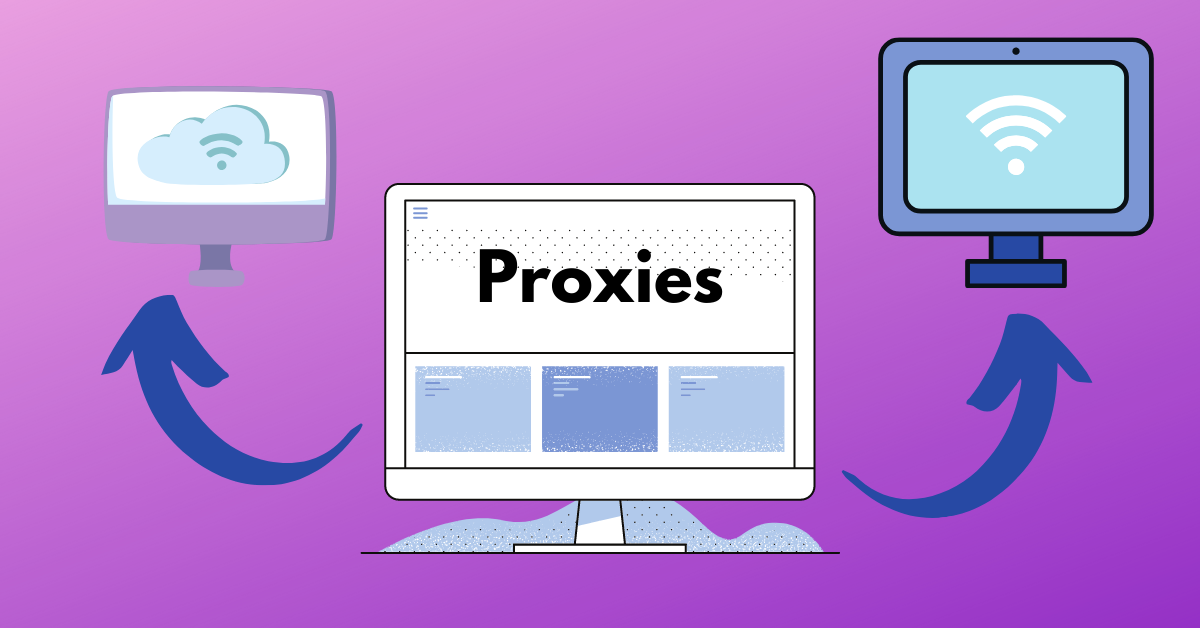When it comes to web scraping, accessing geo-blocked content, or ensuring online anonymity, proxies play a crucial role. Two popular types of proxies used for such tasks are residential proxies and data center proxies. Although both serve similar purposes, they differ in several key aspects, including their origin, performance, and use cases.
Source and Authenticity
The primary difference between residential and data center proxies lies in their source. Residential proxies are assigned to a physical device, such as a smartphone or a computer, by an Internet Service Provider ISP. These proxies use real residential IP addresses that appear like legitimate user connections, making them harder to detect. In contrast, data center proxies come from third-party data centers and use IP addresses that are not linked to real households. This IPs are often flagged or identified as proxies due to their non-residential nature.
Detection and Blocking
Because residential proxies use real IP addresses, websites are less likely to flag them as proxies. This makes them ideal for tasks where discretion is essential, such as scraping data from highly secure websites or avoiding IP bans. Data center proxies, on the other hand, are more prone to detection. Websites often recognize and block these proxies because they are associated with data centers, where large-scale operations like scraping are common. However, they still remain effective for many general-use tasks.

Performance and Speed
Data center proxies typically offer faster speeds and better performance than residential proxies. Since they are hosted on servers specifically designed for high performance, data center proxies tend to handle large amounts of traffic and requests with minimal latency. Residential proxies, being tied to individual devices, may experience slower speeds due to network congestion or bandwidth limitations.
Cost
Another key difference is the price. Residential proxies tend to be more expensive than data center proxies. This is due to the added complexity of routing requests through real residential IP addresses, which often require more maintenance and infrastructure. Data center proxies are cheaper because they rely on infrastructure that is easier to scale and maintain.
Use Cases
The choice between residential and data center proxies largely depends on the task at hand. Residential proxies are ideal for tasks that require high anonymity, such as bypassing geo-restrictions, avoiding CAPTCHA challenges, or scraping sensitive data from cheap residential proxies heavily protected sites. On the other hand, data center proxies are well-suited for tasks that prioritize speed and volume, such as bulk data scraping, automated checking, or online gaming. while both residential and data center proxies offer distinct advantages, the right choice depends on the specific needs of the user. Residential proxies provide better anonymity and lower detection rates but come at a higher cost and slower speeds. Data center proxies, on the other hand, are faster, more cost-effective, but come with a higher risk of detection.

